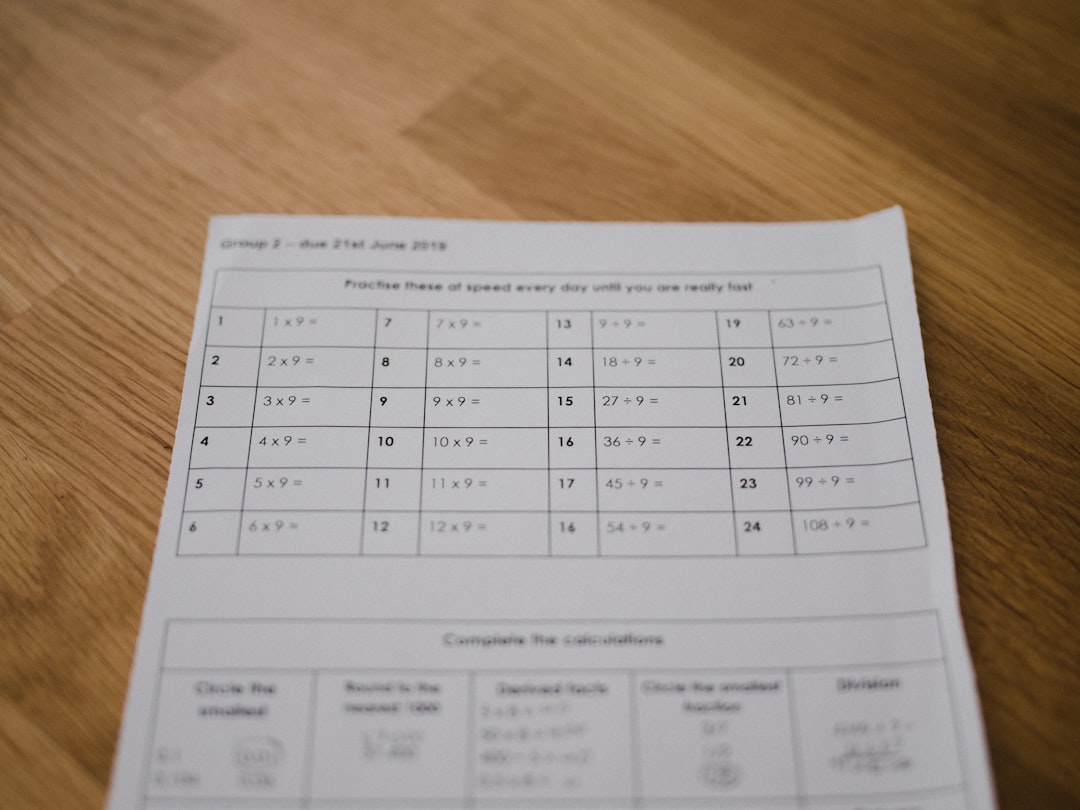Understanding how IQ tests are scored can seem like a daunting task, especially when terms like standard deviation come into play. But fear not! In this blog post, we’ll break down the complexities of IQ test scoring and standard deviation in a way that’s easy to grasp, providing you with a clear understanding of how your IQ score is calculated and what it means.
What Is an IQ Test?
An IQ (Intelligence Quotient) test is a standardized assessment designed to measure human intelligence. These tests are used for a variety of purposes, from educational placement to assessing cognitive abilities in various professional fields.
How Are IQ Tests Scored?
IQ tests are scored based on a process that involves standard deviation. A standard deviation is a statistical measure that shows how much variation or dispersion exists from the average (mean) score. Most IQ tests use a mean score of 100 and a standard deviation of 15. This means if your IQ score is 100, you fall exactly in the middle of the general population.
Understanding Standard Deviation
- One standard deviation away from the mean (either above or below) includes approximately 68% of people.
- Two standard deviations from the mean covers about 95% of the population.
- Three standard deviations encompass about 99.7% of people.
This scoring system helps categorize IQ scores into ranges that indicate below average, average, and above-average intelligence.
Example of IQ Score Calculation
Imagine someone scores 130 on an IQ test. This score is two standard deviations above the mean (100 + 2*15 = 130), placing them in the top 2.5% of the population and indicating superior intelligence.
The Importance of Standard Deviation in IQ Testing
The concept of standard deviation is crucial in IQ testing because it provides a clear, consistent method for comparing individual scores against the population average. It allows for the classification of IQ scores into meaningful categories.
Conclusion
IQ tests offer a standardized way to measure intelligence, and understanding how they are scored can demystify the process for test-takers. By grasping the basics of standard deviation, you can better understand your own IQ score or that of others. Remember, while an IQ test provides valuable insights into cognitive abilities, it’s just one of many tools used to assess intelligence.
IQ tests are a powerful tool for measuring cognitive abilities, but it’s important to approach them with a clear understanding of what the scores mean. By breaking down the complexity of IQ score calculation and standard deviation, we hope to have made the topic more accessible and less intimidating.



